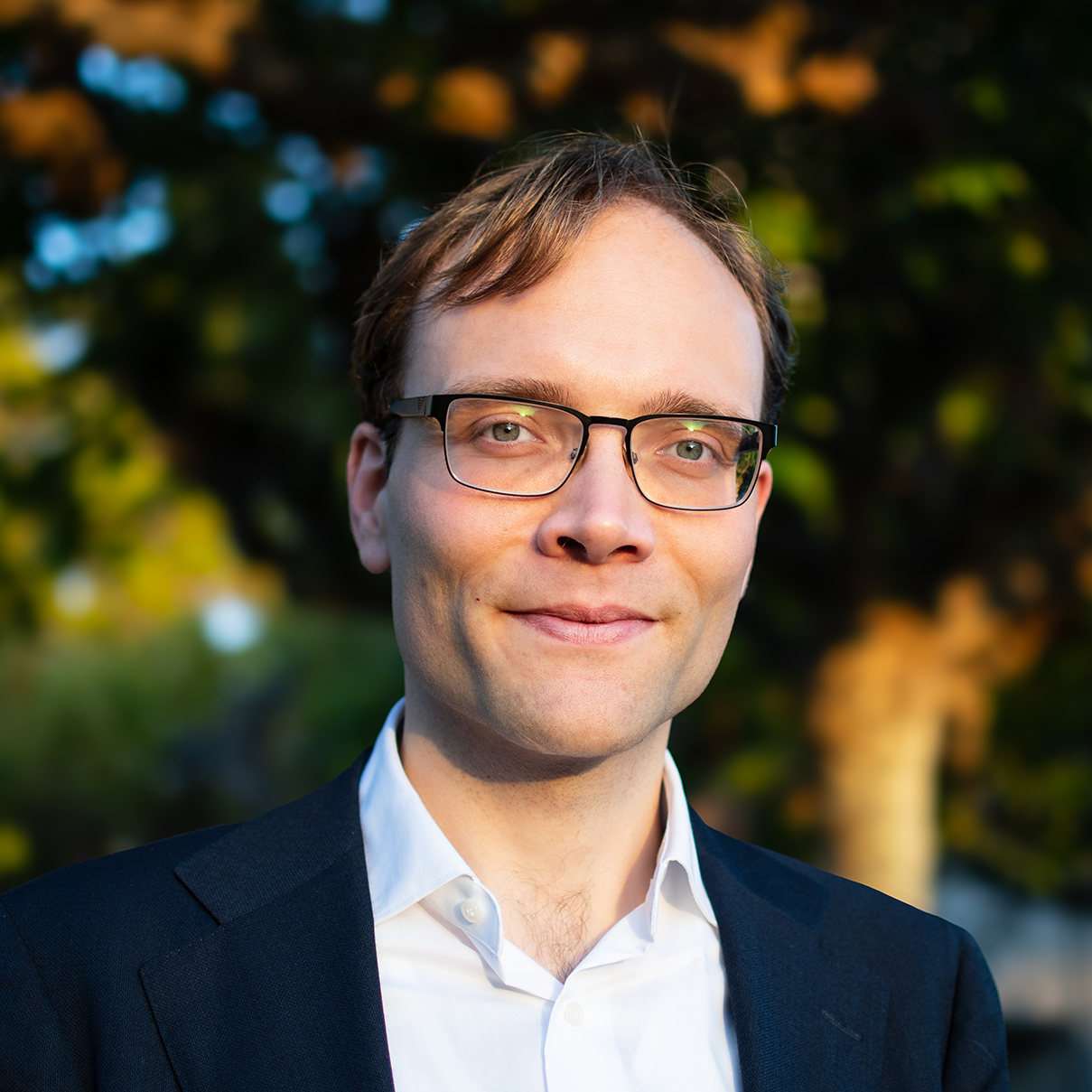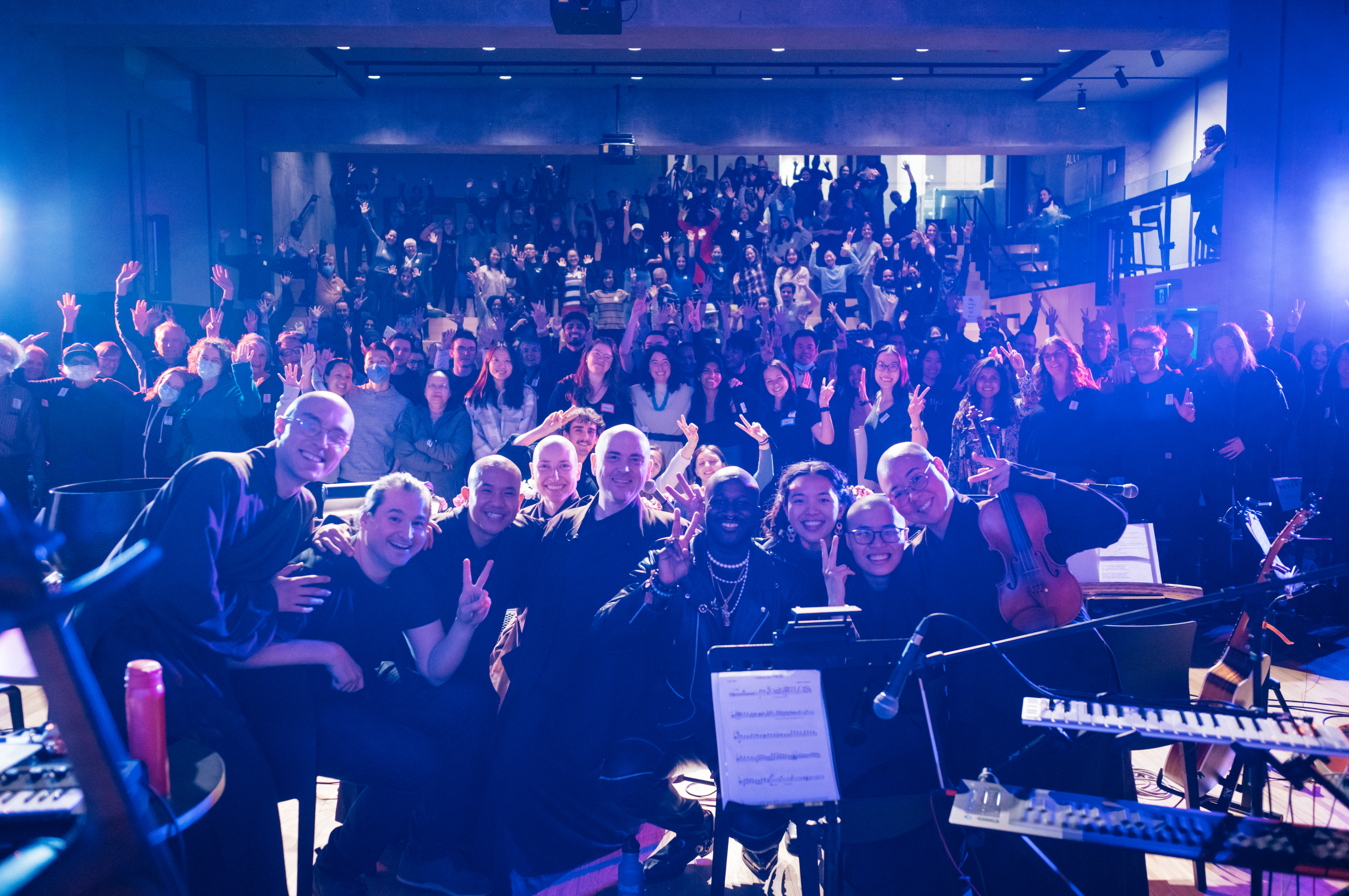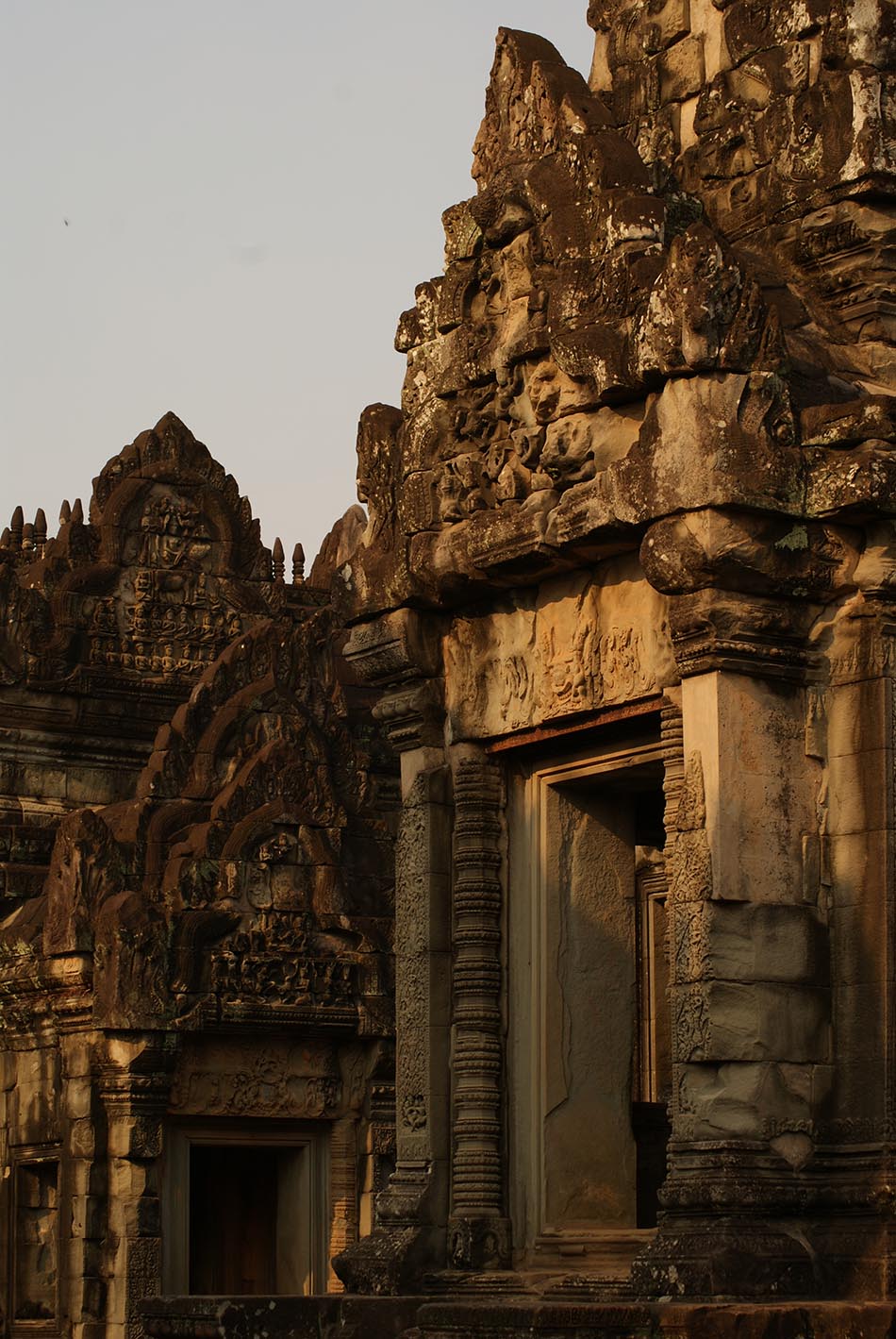
Albert Welter
In Search of Zen Studies: The Central Role of Chan/Zen Syncretism
Zen enthralled the world throughout much of the twentieth century, and Zen studies became a major academic discipline in its wake. Interpreted through the lens of Japanese Zen and its reaction to events in the modern world, Zen studies incorporated a broad range of Zen-related movements in the Asian Buddhist world, ranging from India to Japan and places in between. As broad reaching as the scope of Zen studies was, it was clearly rooted in a Japanese context, and aspects of the “Zen experience” that did not fit aspirations framed by modern Rinzai Zen orthodoxy tended to be marginalized and ignored.
Toward the end of the twentieth century, some of the biases inherent in Zen studies, barely a half century old, began to be exposed, and the parameters of the field shifted markedly into new directions. These included a growing recognition that the Zen label was a mark of its Japanese context. As much as Korean Sŏn and Chinese Chan were included, these were incorporated very much in terms determined by modern Japanese Zen. As a result, even though Chinese Chan and Korean Sŏn were recognized, they were still framed in large measure by Japanese Zen parameters. In addition, the Japanese Buddhist sectarian framework, including Zen sects, began to be exposed as products of the Japanese context and not universally valid frames of reference.
Furthermore, a consensus formed that the so-called golden age of Zen forged by Tang dynasty masters was largely the product of an early Song dynasty Chan revisionism, and that it was actually in post-Tang periods when classical Chan teaching was framed in the terms it came to be known throughout various East Asian contexts. Given this new awareness of the context in which Zen Studies was forged, what is its future? The current talk addresses the problems and pitfalls of the old Zen Studies model based on a “pure Zen” (junsui zen) experience, and proposes a syncretic (kenshū or “combined practice”) model in its stead. Rather than define Zen against a theoretical and rhetorical model of purity, the syncretic model of combined practice recognizes the actual model of the Zen experience.




